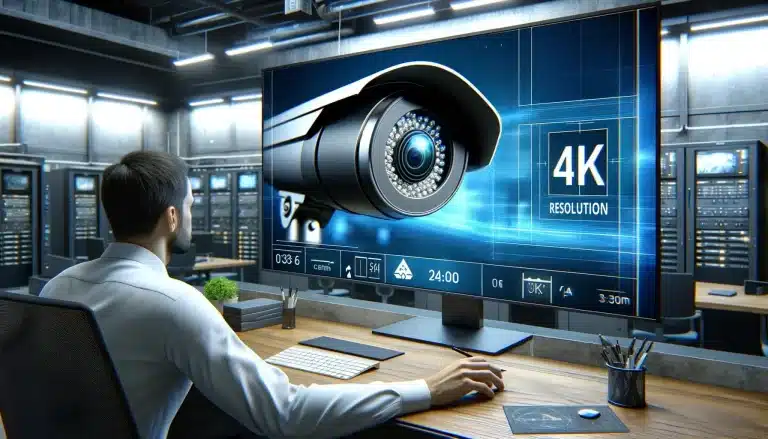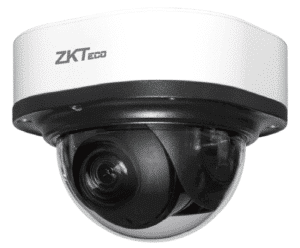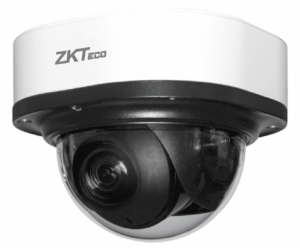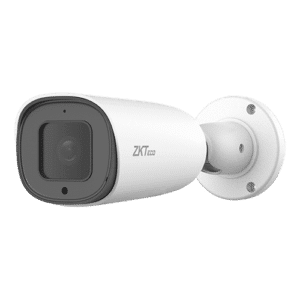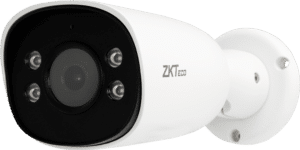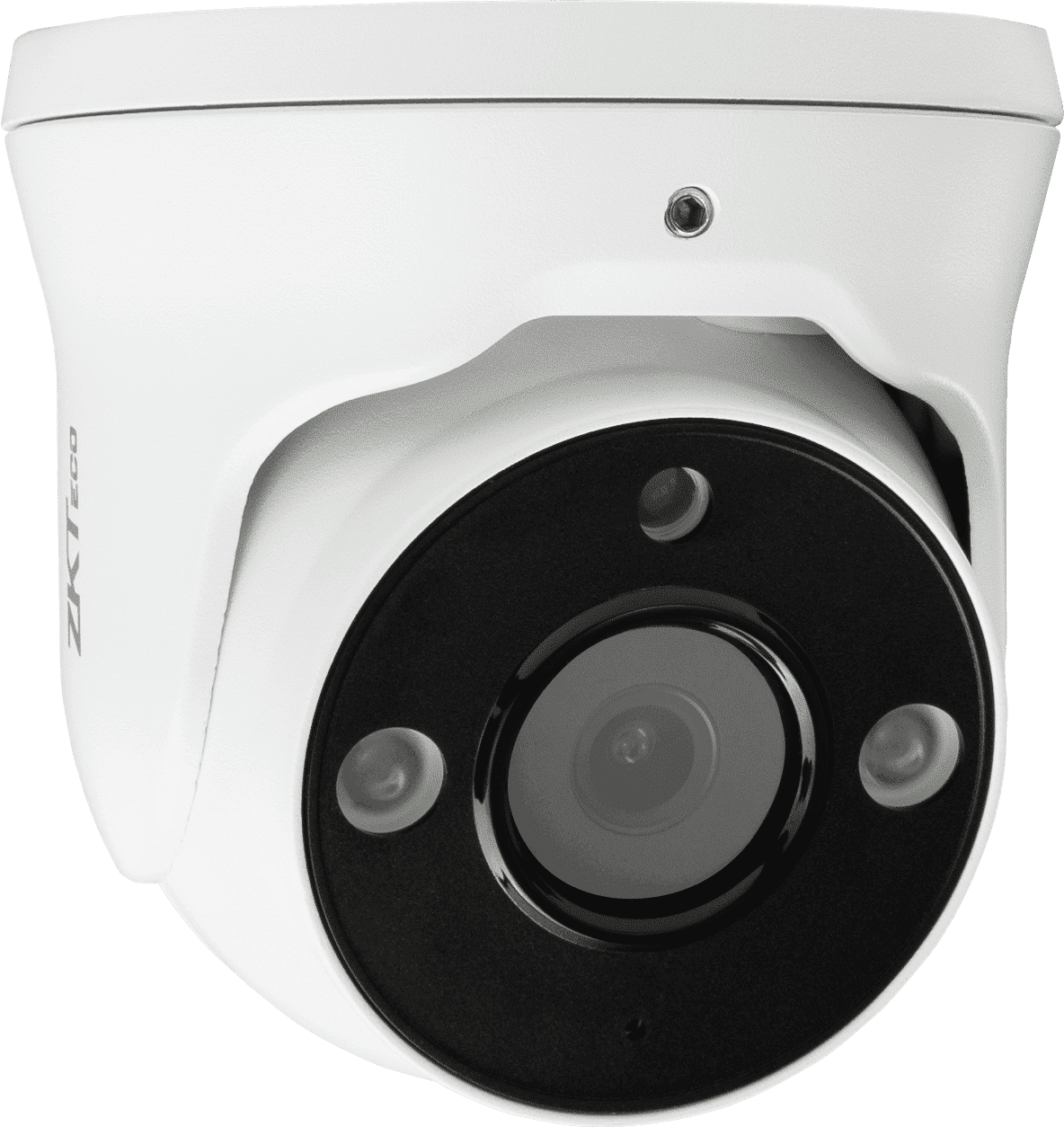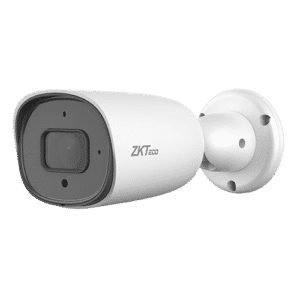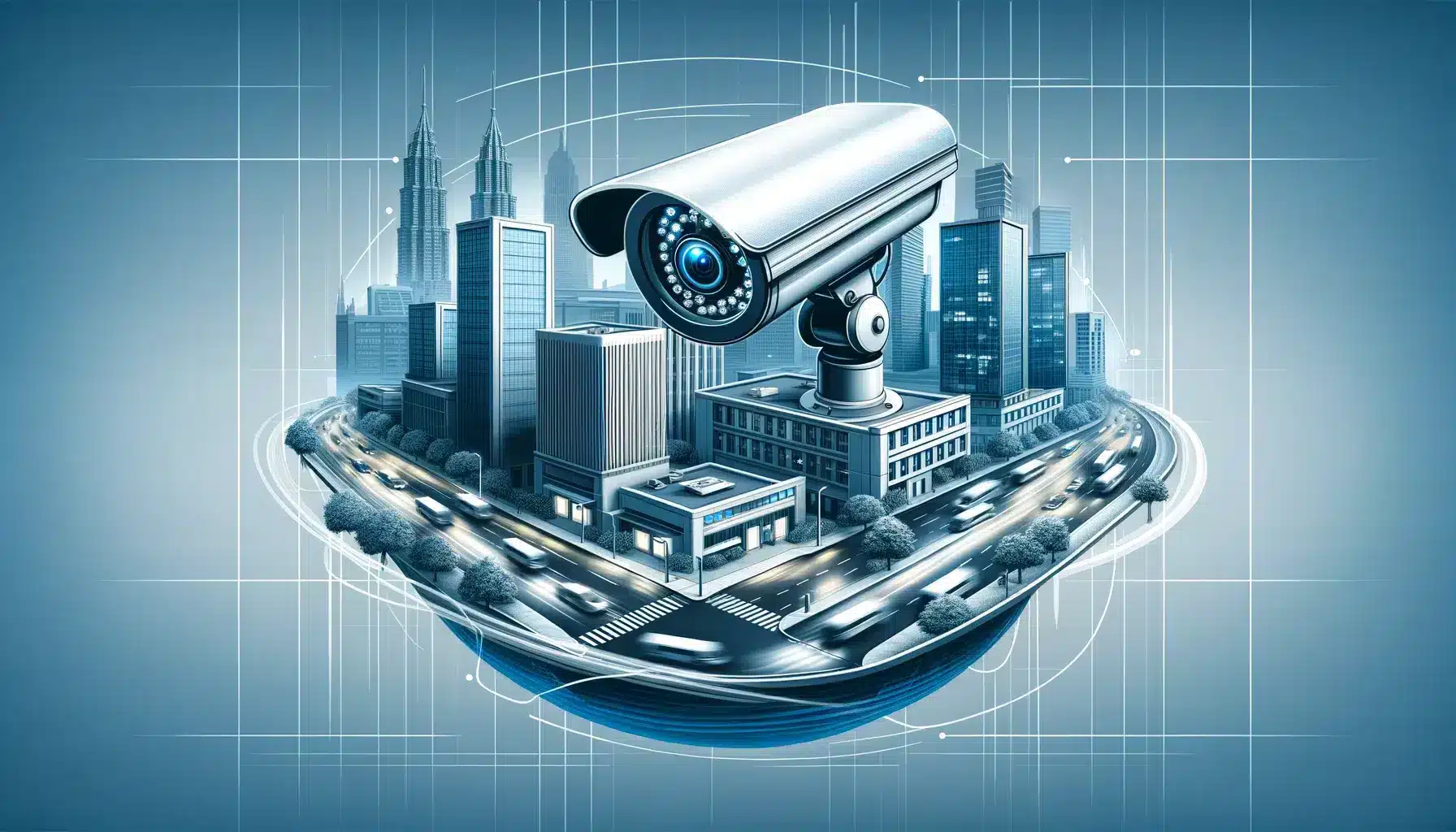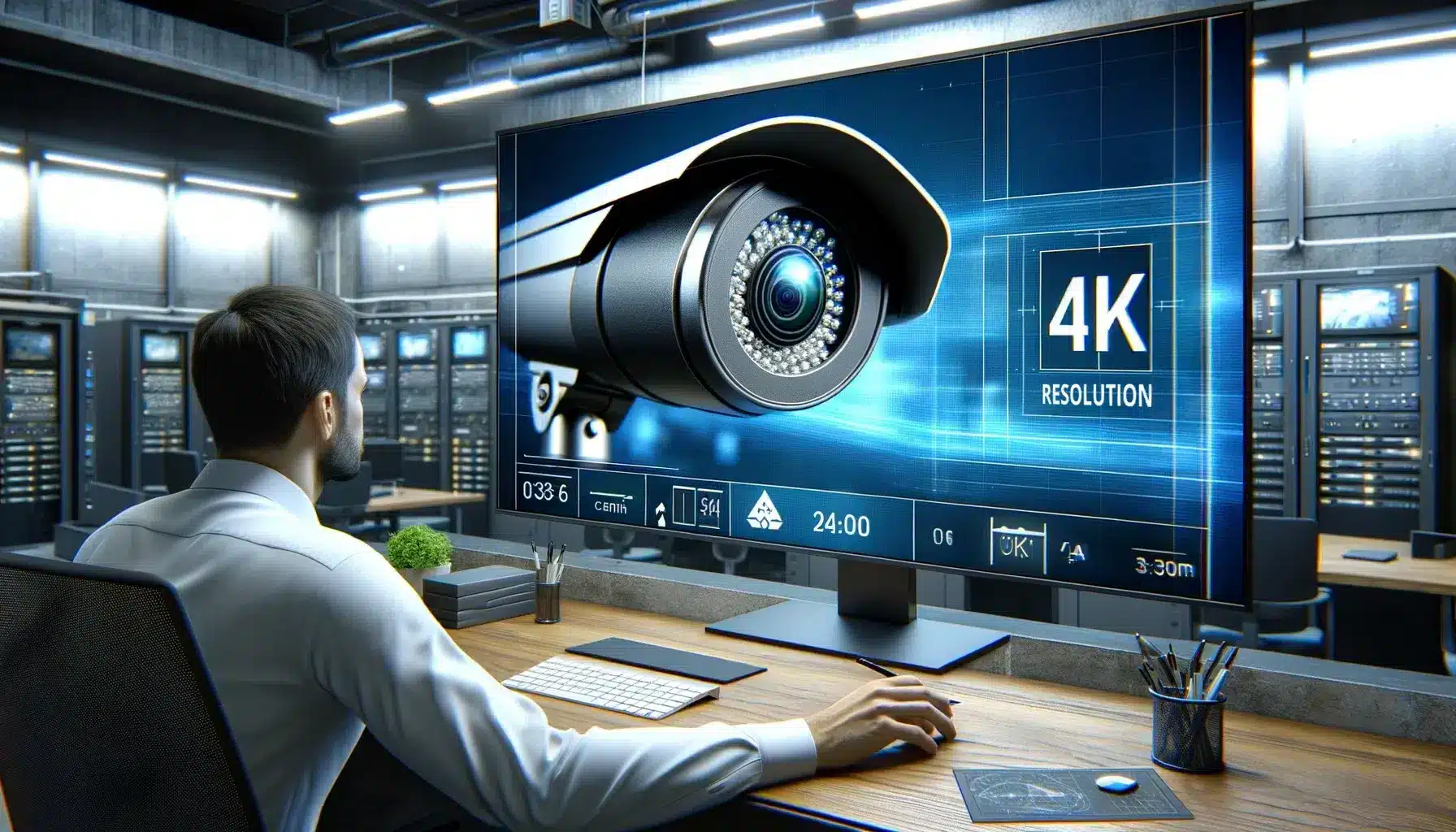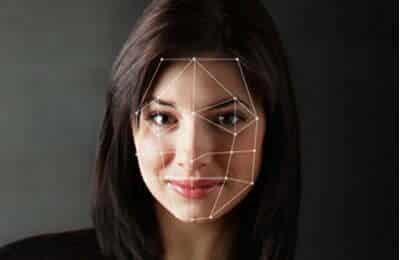
Introduction

History of Security Cameras
Early Developments
Initially, cameras were large and clunky, requiring extensive wiring.Evolution of Wired Cameras
Wired cameras evolved to become more sophisticated and reliable. They’ve set the standard for security systems for decades.Introduction of Wireless Technology
Wireless security camera technology introduced a new level of convenience. It allowed cameras to be installed without the need for extensive wiring.Understanding Wired Security Cameras
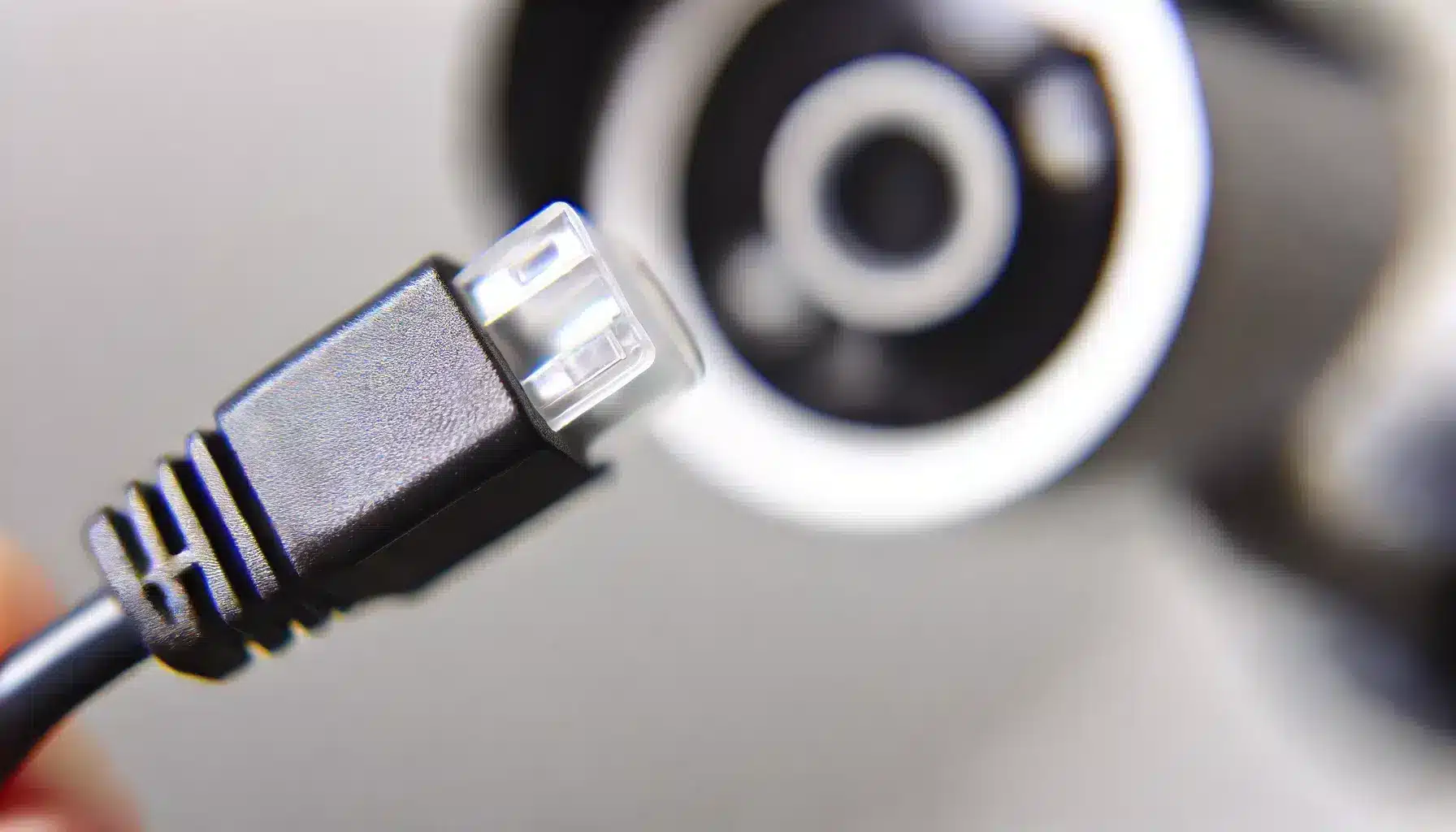
How Wired Cameras Work
Benefits of Wired Cameras
Drawbacks of Wired Cameras
Understanding Wireless Security Cameras
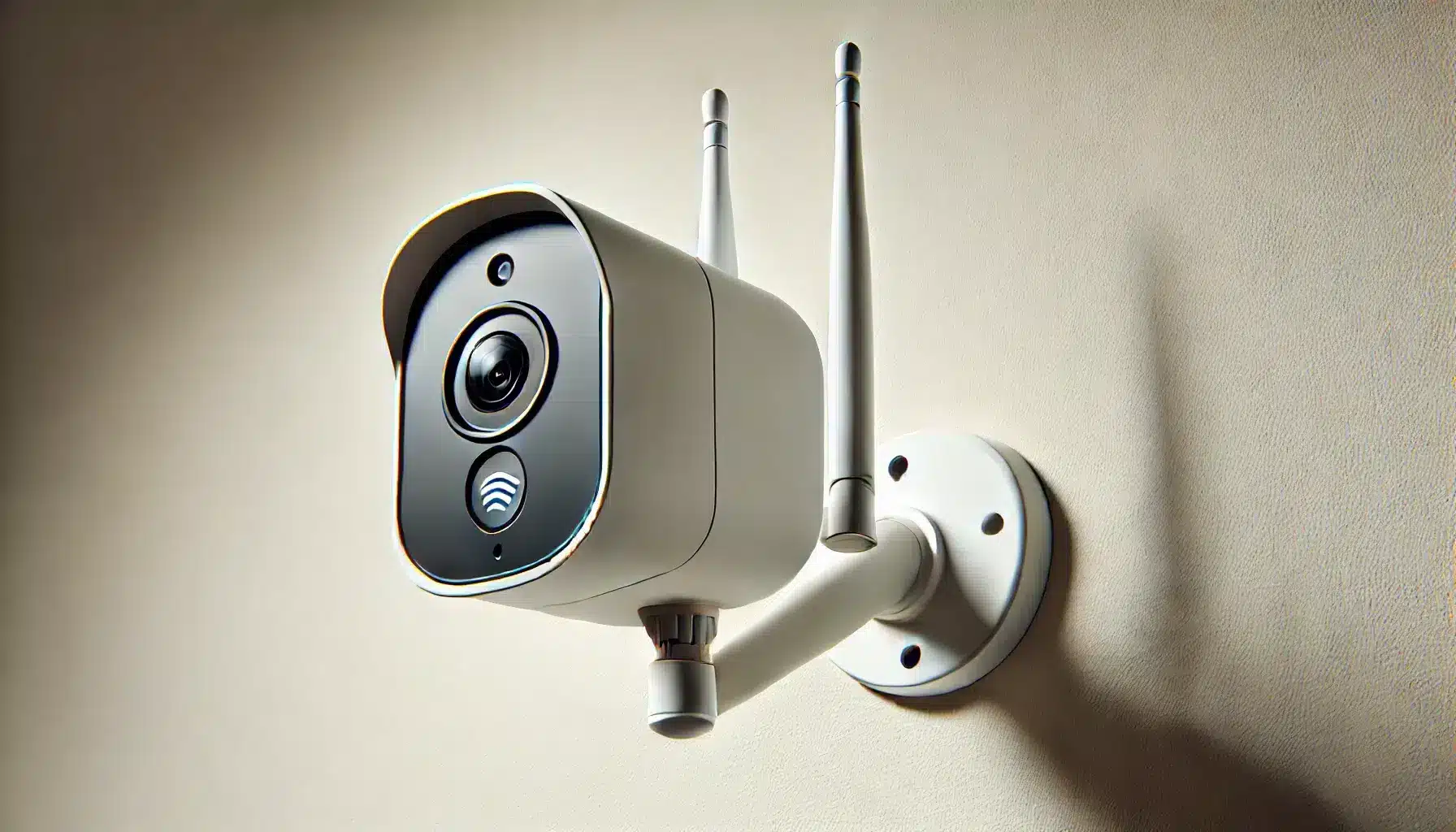
How Wireless Security Cameras Work
Benefits of Wireless Cameras
Drawbacks of Wireless Cameras
Comparative Analysis: Installation Process
Wired Security Cameras:
Wired cameras require extensive wiring and professional installation. This process often involves running cables through walls, ceilings, and other structures to connect the cameras to a central recording device, such as a Network Video Recorder (NVR) or a Network Switch. The need for precise cable routing can make the installation labour-intensive and time-consuming. However, this method ensures a stable and reliable connection, minimizing issues related to signal loss or interference.
Wireless Security Cameras:
Wireless cameras, on the other hand, are generally plug-and-play, needing minimal setup. They can be quickly and easily installed in various locations without the need for extensive cabling. This flexibility makes them ideal for areas where running cables is impractical or impossible. However, it’s important to note that many Wi-Fi cameras still require an external power source, which can limit placement options. Battery-powered wireless cameras offer more flexibility but need frequent recharging or battery replacements, which can be inconvenient for continuous monitoring.
Reliability and Performance
Wired cameras offer more consistent performance with fewer connectivity issues. Wireless security cameras can be affected by network problems and interference from other devices.
Maintenance and Durability
Wired systems are robust and less prone to hacking. Wireless systems might need more frequent updates and checks to ensure connectivity.
Video Quality and Clarity

Wired Security Camera Video Quality

Wireless Security Camera Video Quality
Security and Privacy Concerns
Wired Camera Security
Wired systems are generally more secure since they don’t rely on wireless signals. They are less vulnerable to hacking and signal jamming.
Wireless Camera Vulnerabilities
Wireless cameras can be more susceptible to hacking. They rely on encryption to secure their data, which can sometimes be breached.
Power and Connectivity Issues
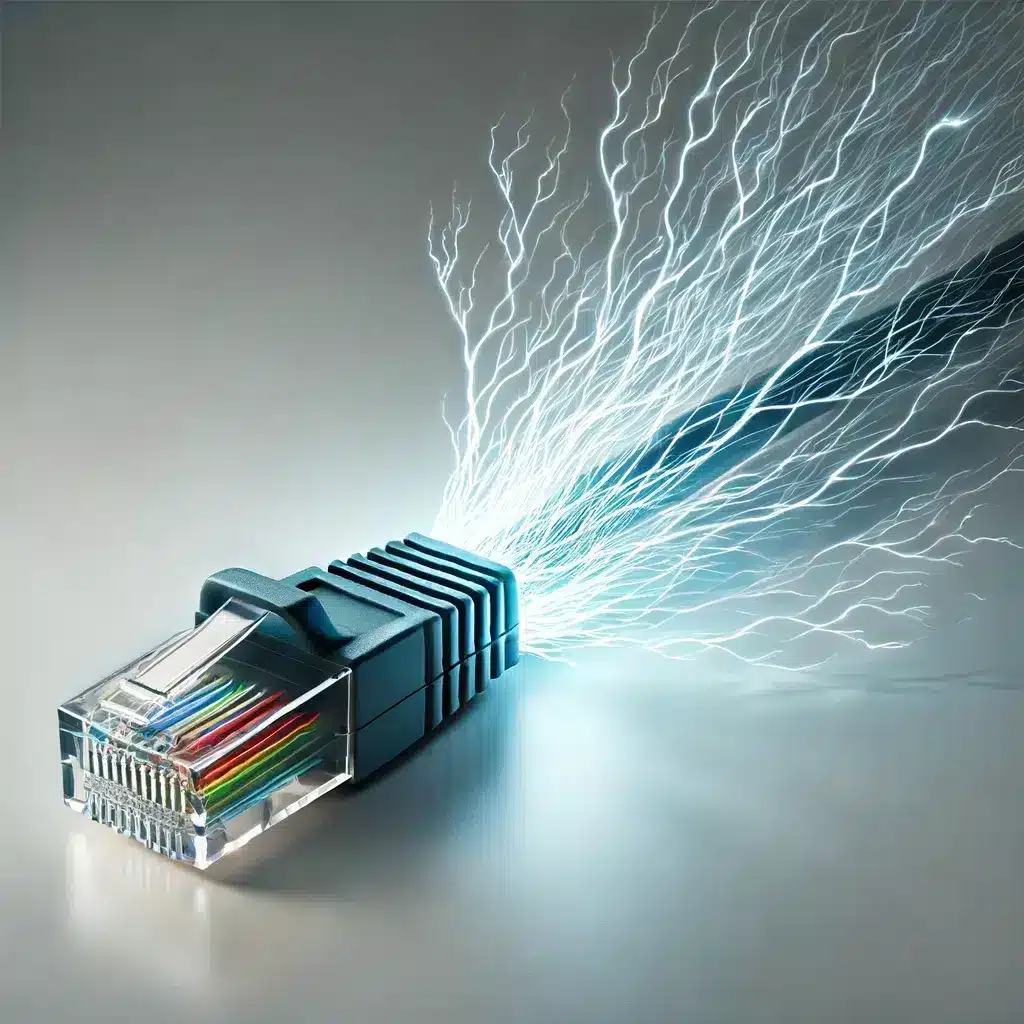
Wired Security Camera Power Requirements
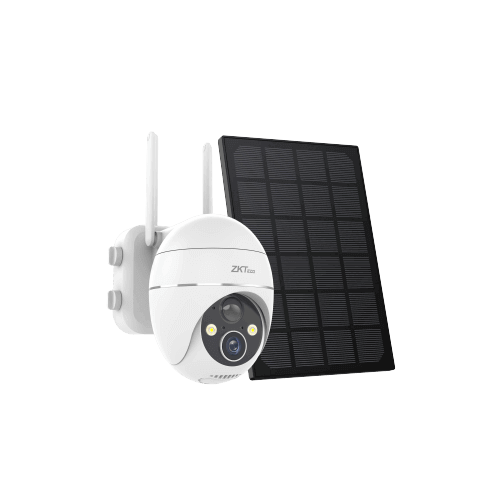
Wireless Security Camera Power Solutions
Cost Comparison
Initial Setup Costs
Wired systems have higher upfront costs due to installation and wiring. Wireless systems are typically cheaper to set up initially.
Long-Term Maintenance Costs
Wired systems might incur lower maintenance costs over time. Wireless systems could have higher ongoing costs for battery replacements and cloud storage.

Best Scenarios for Wired Cameras
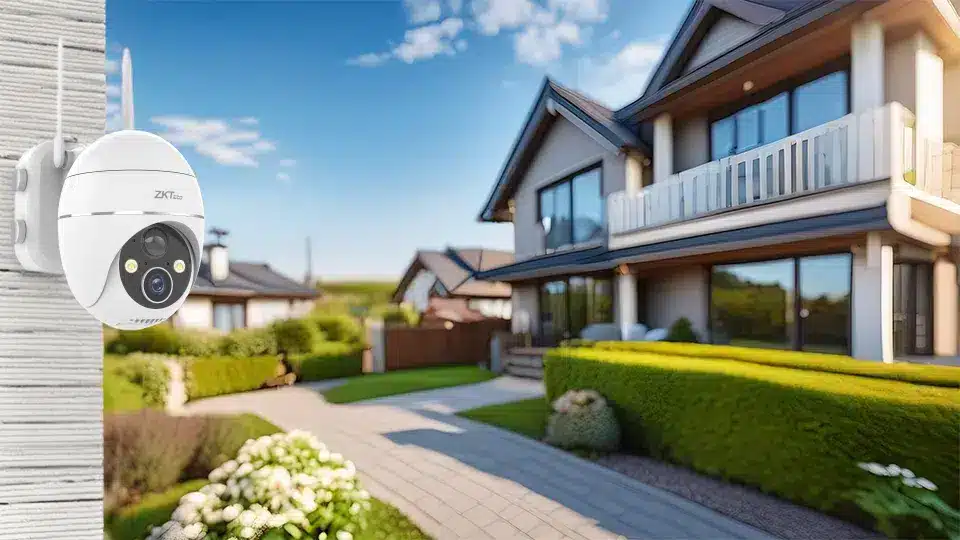
Best Scenarios for Wireless Cameras


